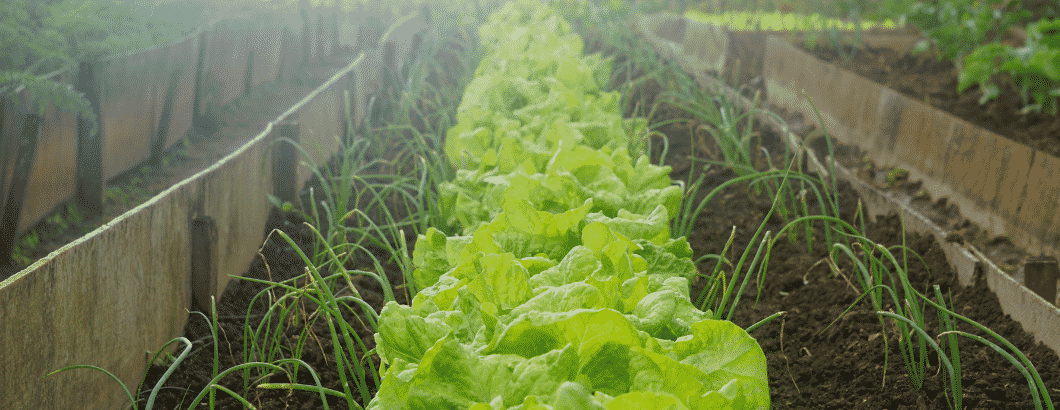
Get the Most Out of Your Vegetable Garden
Ever try to grow a vegetable garden but did not get the ideal results? Gardening is tricky and success boils down to many different elements, most importantly tender loving care and attention. Another element that may improve the yields of your vegetable (and fruit) gardens is laying down mulch. Consider using mulch to help your vegetable garden thrive in a variety of weather conditions and in different soil varieties.
Why Mulch Your Vegetable Garden?
Mulch has several benefits for your gardens:
- Mulch is great at slowing down weed growth and reducing the number of weeds in your garden.
- Organic mulch gradually decomposes, adding organic material to your soil.
- Mulch insulates your plants from extreme temperature changes.
- Mulch is naturally bug resistant, helping to keep your plants healthy.
Before going out and buying any mulch there are pros and cons to each type of organic mulch. Know which mulch is best for your garden and learn how to spread it properly to keep your vegetables happy and healthy.
Set Up Your Garden Properly
While mulch has many benefits to your garden, if you lay it out improperly it can have a negative effect on your vegetables. Mulch tends to trap moisture against your soil and if you put mulch too close to your vegetables that can lead to rot and fungus. Leave mulch at least an inch away from your plant stems to prevent rot from setting in.
Leave an inch gap between your plant stems and your mulch.
Beyond spreading the mulch properly, be sure to spread your mulch at the proper thickness. Three inches thick is the general rule of thumb, but in peak growing season your mulch may break down more quickly, meaning that you’ll have to replenish your mulch more often.
Choose the Right Mulch
Choosing the right mulch can be tricky. You need to consider your soil conditions, the types of plants you want to grow, the weather conditions of your area, and the season in which you’re growing vegetables. Here are some helpful tips to help guide your choice:
- In areas where there is heavy wind avoid laying down pine straw and other light mulches – the wind will end up blowing it away.
- Different types of organic mulches contain different levels of nitrogen which can leak into the soil. Manures especially contain lots of nitrogen. Be sure to mix manure with other organic material so that you don’t introduce too much nitrogen to the soil.
- Be sure to fertilize the ground and check the pH levels of your soil if you use bark mulch. Barks are actually acidic and can change the soil conditions of your garden.
- Sawdust actually robs the soil of nitrogen and can take away key nutrients from your plants. Add nitrogen back into your soil if you plan on using sawdust.
Mulch can aid your gardens and help your vegetables thrive if you think through the materials you use. Do your research and be sure to plan out your beds to maximize growth potential. If you need help, we’re happy to recommend the best types of products for the job. We’d love to hear about your project!
